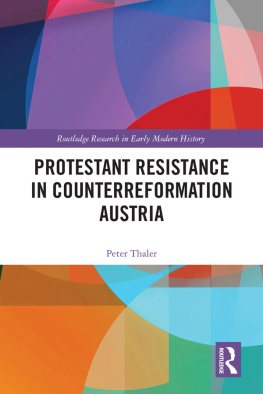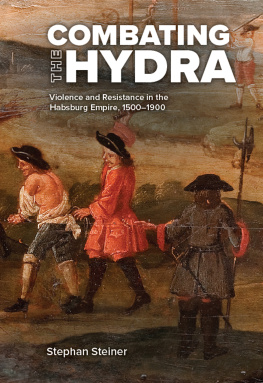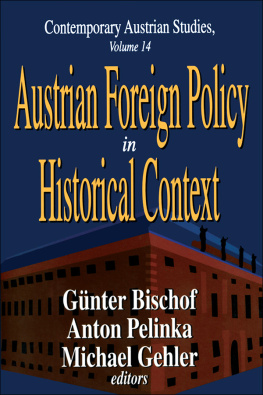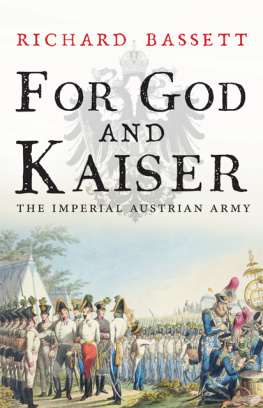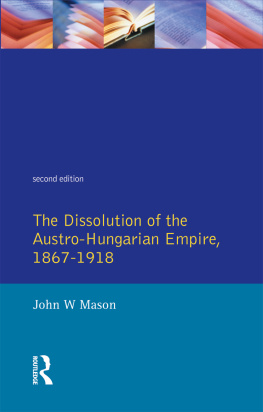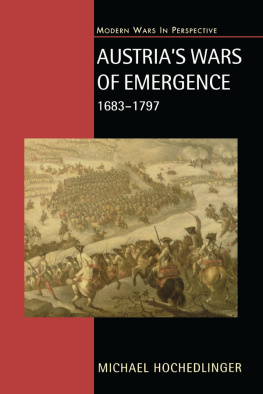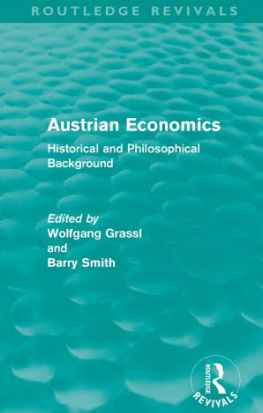Protestant Resistance in Counterreformation Austria
Protestant Resistance in Counterreformation Austria examines Austrian Protestants who actively resisted the Habsburg Counterreformation in the early seventeenth century. While a determined few decided early on that only military means could combat the growing pressure to conform, many more did not reach that conclusion until they had been forced into exile. Since the climax of their activism coincided with the Swedish intervention in the Thirty Years War, the study also analyzes contemporary Swedish policy and the resulting Austro-Swedish interrelationship. Thus, a history of state and religion in the early modern Habsburg Monarchy evolves into a prime example of histoire croise, of historical experiences and traditions that transcend political borders.
The book does not only explore the historical conflict itself, however, but also uses it as a case study on societal recollection. Austrian nation-building, which tenuously commenced in the interwar era but was fully implemented after the restoration of Austrian statehood in 1945, was anchored in a conservative ideological tradition with strong sympathies for the Habsburg legacy. This ideological perspective also influenced the assessment of the confessional period. The modern representation of early modern conflicts reveals the selectivity of historical memory.
Peter Thaler is Associate Professor of History at the University of Southern Denmark. He holds a Ph.D. in history and a Ph.D. in Scandinavian Studies from the University of Minnesota as well as a doctorate of law from the University of Vienna.
Routledge Research in Early Modern History
Maurits of Nassau and the Survival of the Dutch Revolt
Comparative Insurgences
Nick Ridley
The Economic Causes of the English Civil War
Freedom of Trade and the English Revolution
George Yerby
Edwin Sandys and the Reform of English Religion
Sarah L. Bastow
Murder, Justice, and Harmony in an Eighteenth-Century French Village
Nancy Locklin
The Dirty Secret of Early Modern Capitalism
The Global Reach of the Dutch Arms Trade, Warfare and Mercenaries in the Seventeenth Century
Kees Boterbloem
Languages of Reform in the Eighteenth Century
When Europe Lost Its Fear of Change
Edited by Susan Richter, Thomas Maissen, and Manuela Albertone
Religious Tolerance from Renaissance to Enlightenment
Atheists Progress
Eric MacPhail
Protestant Resistance in Counterreformation Austria
Peter Thaler
For more information about this series, please visit: www.routledge.com/Routledge-Research-in-Early-Modern-History/book-series/RREMH
First published 2020
by Routledge
52 Vanderbilt Avenue, New York, NY 10017
and by Routledge
2 Park Square, Milton Park, Abingdon, Oxon, OX14 4RN
Routledge is an imprint of the Taylor & Francis Group, an informa business
2020 Taylor & Francis
The right of Peter Thaler to be identified as author of this work has been asserted in accordance with sections 77 and 78 of the Copyright, Designs and Patents Act 1988.
All rights reserved. No part of this book may be reprinted or reproduced or utilised in any form or by any electronic, mechanical, or other means, now known or hereafter invented, including photocopying and recording, or in any information storage or retrieval system, without permission in writing from the publishers.
Trademark notice: Product or corporate names may be trademarks or registered trademarks, and are used only for identification and explanation without intent to infringe.
Library of Congress Cataloging-in-Publication Data
Names: Thaler, Peter, author.
Title: Protestant resistance in Counterreformation Austria / Peter
Thaler.
Description: New York, NY : Routledge, 2020. | Series: Routledge
research in early modern history | Includes bibliographical
references and index.
Identifiers: LCCN 2019055328 (print) | LCCN 2019055329 (ebook) |
ISBN 9780367429348 (hardback) | ISBN 9781003000235 (ebook) |
ISBN 9781000766844 (adobe pdf) | ISBN 9781000767131 (mobi) |
ISBN 9781000767421 (epub)
Subjects: LCSH: Counter-ReformationAustriaHistory17th
century. | ProtestantsAustriaHistory17th century. | Thirty
Years War, 16181648. | Habsburg, House of. | Austria
History17th century. | Church and stateAustriaHistory
17th century.
Classification: LCC BX1516 .T55 2020 (print) | LCC BX1516
(ebook) | DDC 274.36/06dc23
LC record available at https://lccn.loc.gov/2019055328
LC ebook record available at https://lccn.loc.gov/2019055329
ISBN: 978-0-367-42934-8 (hbk)
ISBN: 978-1-003-00023-5 (ebk)
Typeset in Sabon
by Apex CoVantage, LLC
Protestant Resistance in Counterreformation Austria examines the minority of Austrian Protestants who actively resisted the Habsburg Counter-reformation in the early seventeenth century. Since the climax of their activism coincided with the Swedish intervention in the Thirty Years War, the study also analyzes contemporary Swedish policy and the resulting Austro-Swedish interrelationship. Thus, a history of state and religion in the early modern Habsburg Monarchy evolves into a prime example of histoire croise, of historical experiences and traditions that transcend political borders.
I hope that the book will be able to satisfy its diverse audiences. It is directed at readers with an interest in Central and Northern European history, but it also examines the role of religion in early modern society. By applying a transnational approach and anchoring the analysis in a framework of historical recollection, the study also tries to illuminate the role of history in the creation of collective identities.
During my work on this study, I have profited from the help of many. Generous editors permitted me to incorporate individual components of the research, which I continually published during the long writing process, into the overall study. This allowed me to develop and challenge my argument along the way and thus contributed to a more refined final product. The libraries at the University of Southern Denmark fulfilled my never-ending requests for additional materials. The Austrian National Archives, the provincial archives of Carinthia, Upper Austria, and Saxony, the Vienna Museum of Applied Arts, the Swedish National Archives and Military Archives, the archives at Julita Castle, and the private Pauli family archives supplied most of the primary sources. Joakim Pauli of the Pauli family association and my colleagues Werner Wilhelm Schnabel at the University of Erlangen, Arno Strohmeyer at the University of Salzburg, the late Jan Glete at the University of Stockholm, and Wilhelm Wadl at the Provincial Archives of Carinthia generously shared their extensive knowledge about important aspects of the subject. The insightful comments by R. J. W. Evans, James D. Tracy, Thomas Winkelbauer, and Tina Thaler improved the study in content and style. I am glad to be able to acknowledge these contributions.


